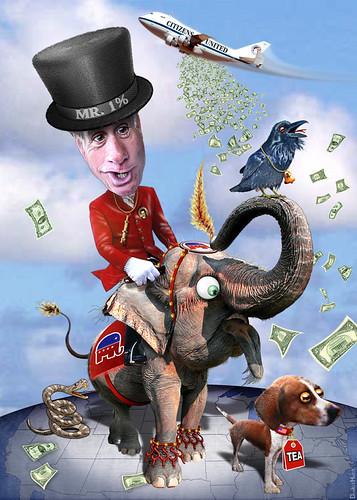
Anxious Europeans have been able to breathe easier the past
two days, after Tuesday’s reelection of US president Barack Obama. But the
relief has much more to do with the defeat of Mitt Romney than with Obama
himself.
Europe isn’t the only place feeling relieved because of a
dislike for Romney. Outside Israel,
there probably wasn’t one country on the globe that was excited about the
prospect of a Romney presidency.
The Republican candidate's dangerous rhetoric seemed almost
guaranteed to launch a war with Iran which no US allies would have
been keen to sign up to. He had described Russia
as America’s “greatest
geopolitical foe” and had spoken of China as if it was the evil empire,
promising to “get tough” with them in a way Obama hadn’t (although he never
provided details about what that would mean). Latin America recoiled at his
extreme anti-immigration rhetoric, and Africa was less than excited about his
promises to cut US
overseas aid.
In Brussels,
there is a sense that long-stalled bilateral issues that were waiting until the
resolution of the election can finally be taken off the back burner. There is
(perhaps naïve) hope that a second-term Obama can show up to the UN climate summit
in Doha next month with a reverse-course on the
US intransigence in taking
action to combat global warming. Negotiations on a US-EU free trade deal can
now begin. Most importantly – fears that Europe
was about to see a return to the trans-Atlantic tensions that marked the George
W. Bush era have now been allayed.
 For two years, Brussels
has grappled with a mystery that has taken on a sort of legendary aura – who is
Captain Europe? Tonight, I may finally discover the answer.
For two years, Brussels
has grappled with a mystery that has taken on a sort of legendary aura – who is
Captain Europe? Tonight, I may finally discover the answer.